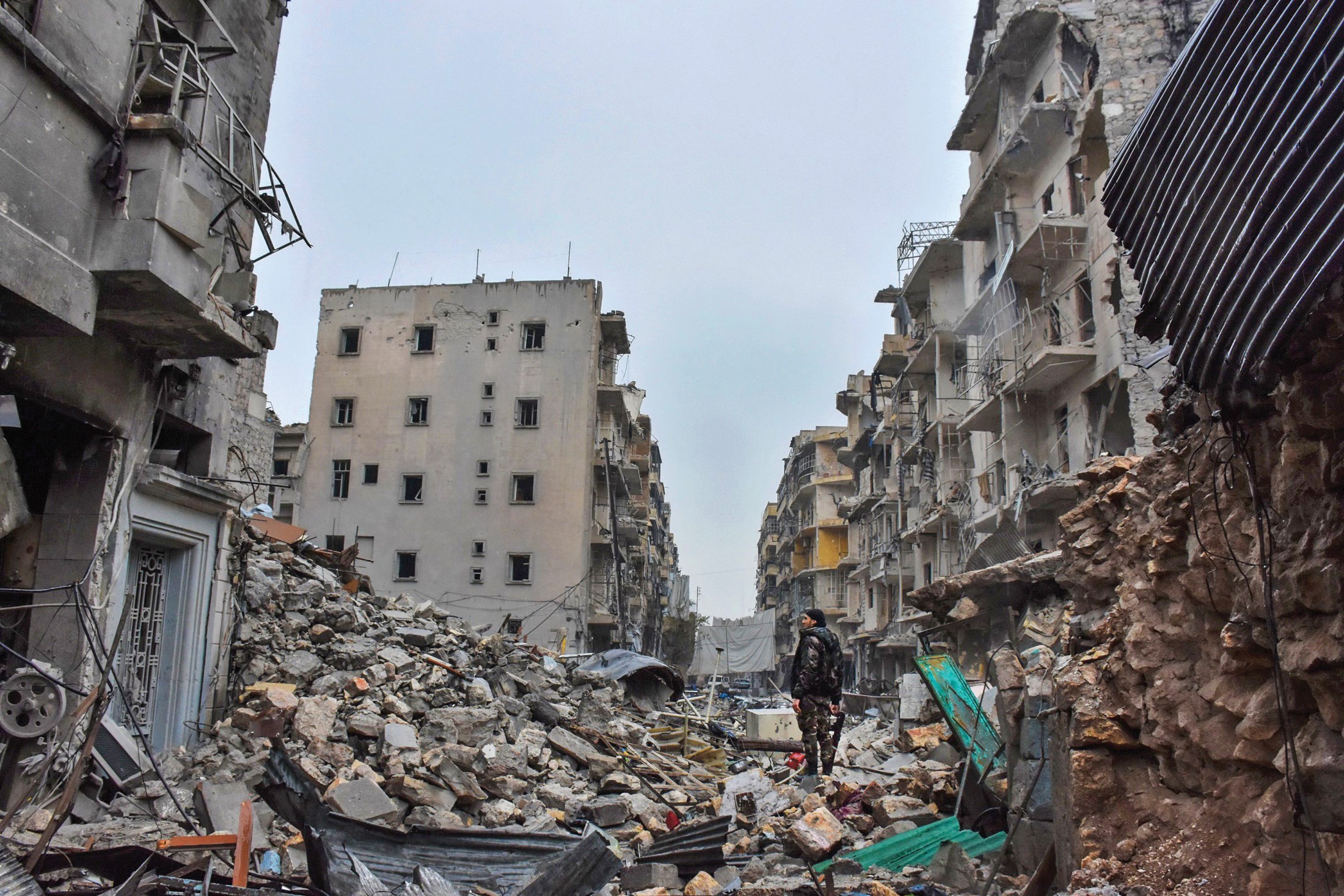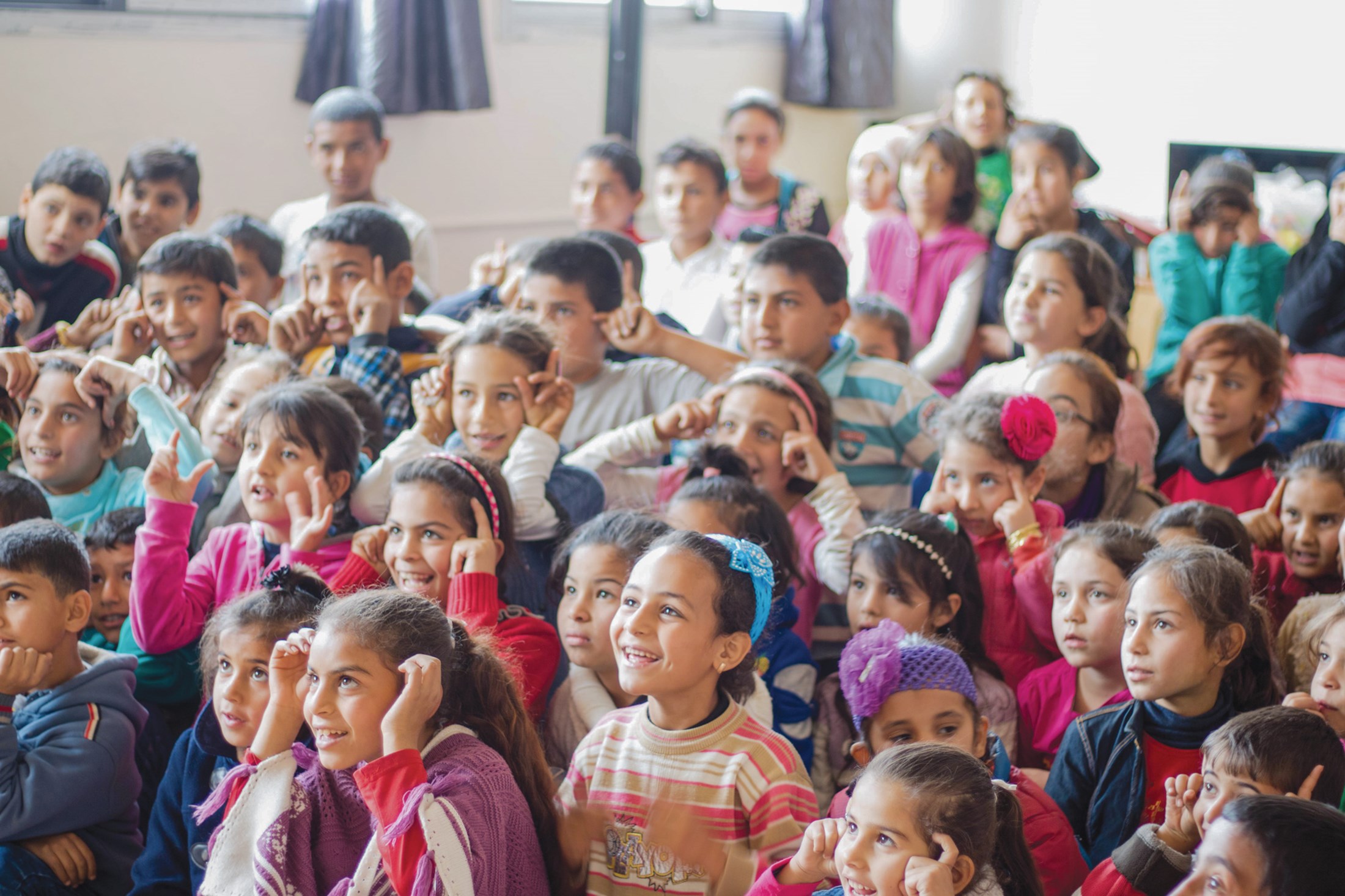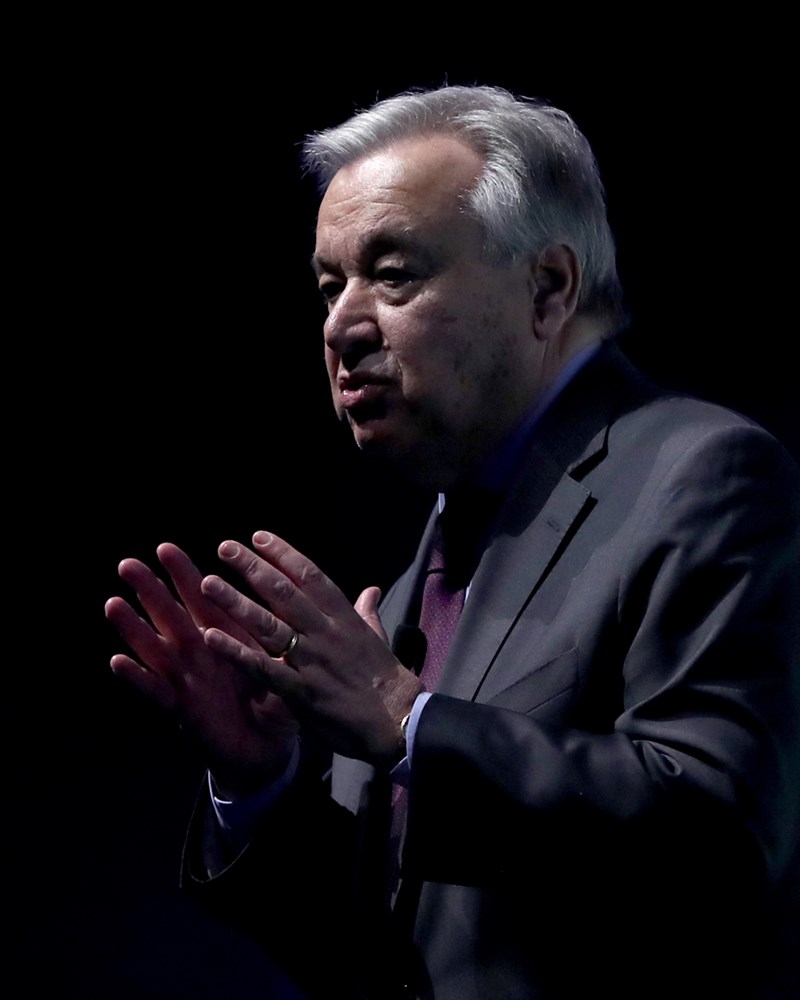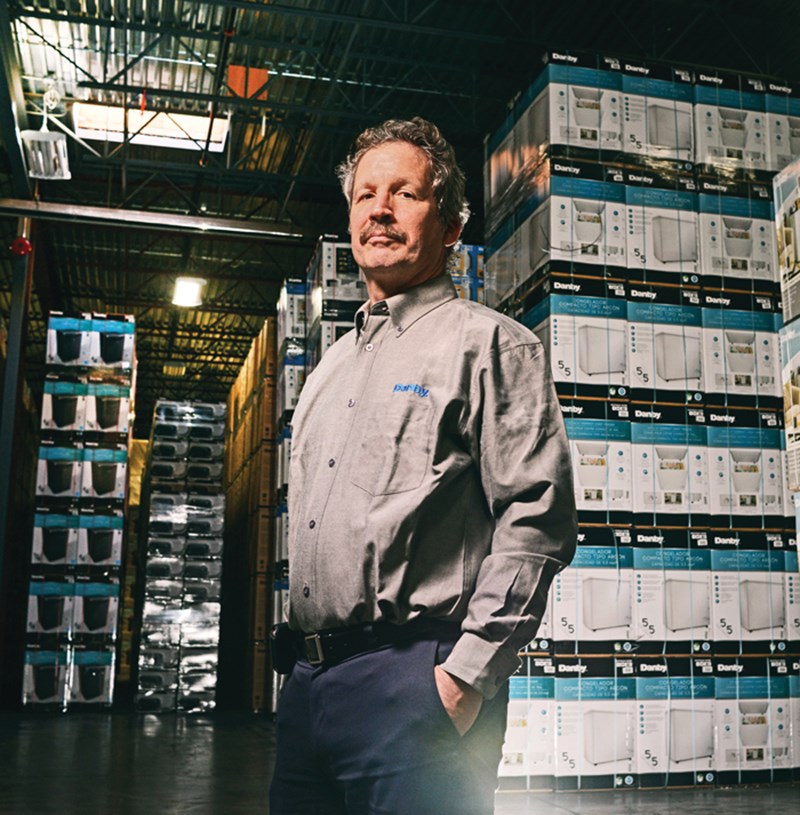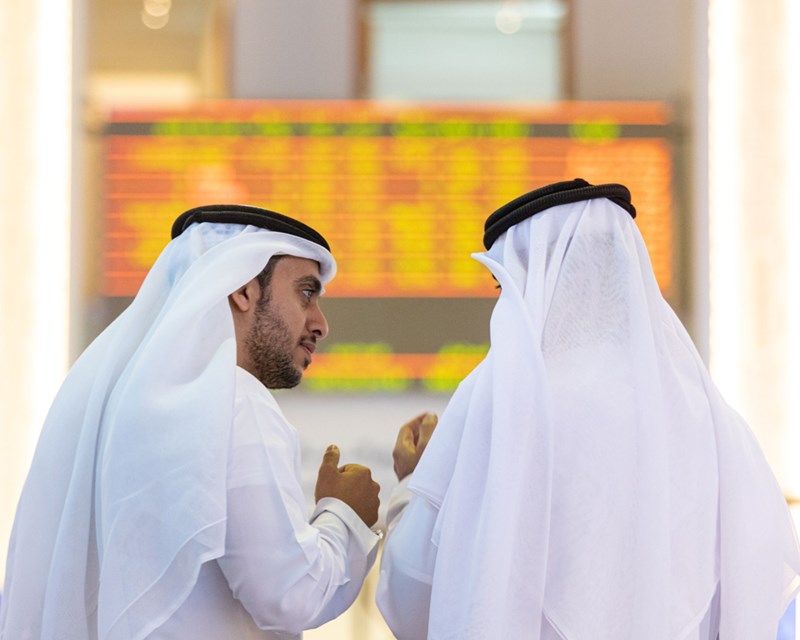Like many Syrians during the bloody summer of 2012, Hani Jesri was looking for a way out of Damascus – and the country. “Everything had changed forever: my plans, my dreams and my future,” he recalls today. “It was devastating.”
Born and raised in Aleppo, the young economics graduate had expected to spend his life in Syria, and to build a career with NGOs working to improve the lives of children and youth. Now, as limited resources swung away from long-term developmental projects and behind emergency relief efforts, he was left with nothing to do but escape the violence.
He found his lifeline via Facebook, and an internship opportunity at a small nonprofit by the name of Jusoor, meaning ‘bridges’ in Arabic. He would apply successfully for the nine-month unpaid role, taking the first step of a journey that would take him to Lebanon and eventually on to the UK.
Five years later, at the age of 29, he is living in London and credits Jusoor with having opened a world of possibilities for him.
“For someone like me inside Syria, with very limited access to opportunities, Jusoor was a second chance,” he says. “They gave me hope for the country and for its future.”
Jusoor, the brainchild of a handful of like minded Syrian expatriates, is dedicated to delivering programmes in education and career development around the world.
Over the last six years it has persuaded members of the Syrian diaspora to donate more than $5.6m to support Syrian youth.
As importantly, it has mobilised that diaspora’s expertise to priceless benefit: Jusoor today counts more than 100,000 individuals in its network from more than 50 countries.

